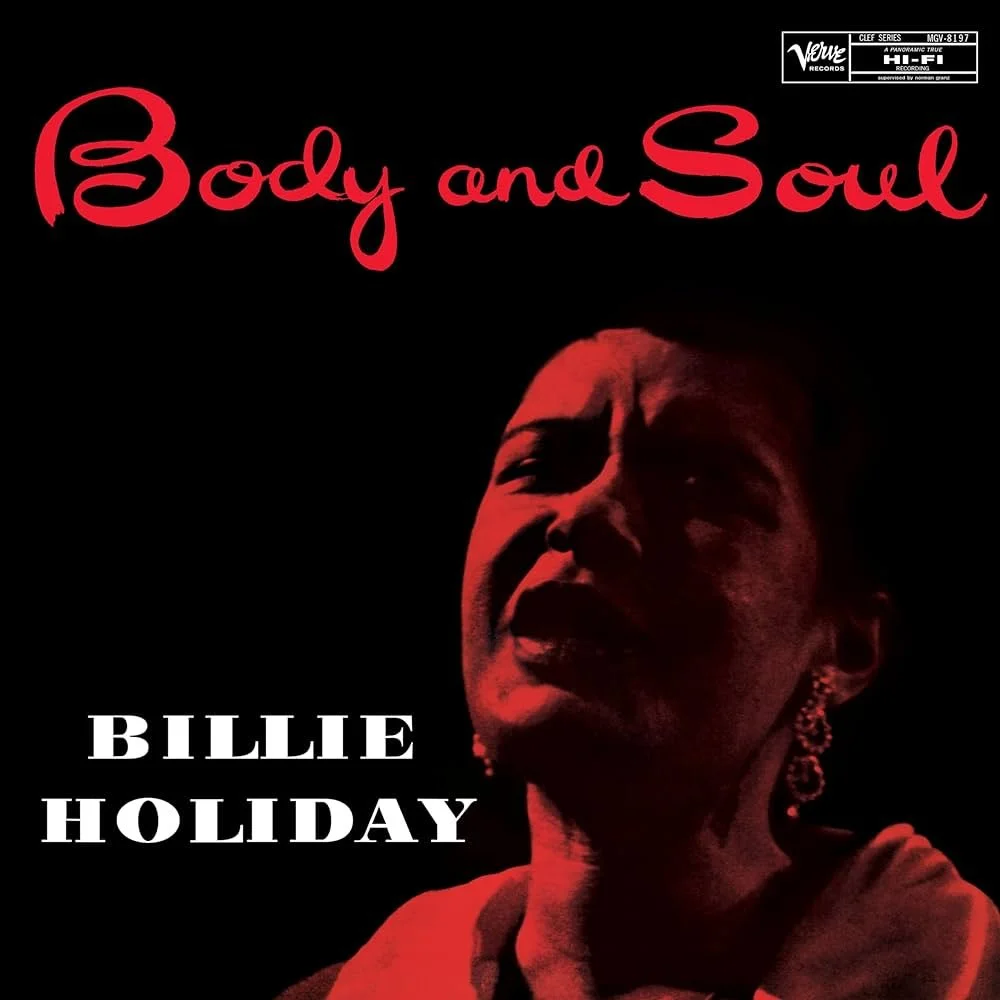Antonín Dvořák: Symphony No.8 in G Major/Wiener Philharmoniker/Karajan—Esoteric Mastering vinyl reissue [2024]
As usual from this source, the pressing (running upwards of USD 100) is flawless. Flat and silent with correctly-sized spindle hole and centred labels. A class product.
The card stock is quality with a matte finish and displays the typical Japanese OBI with pride. Emblazoned everywhere is the proud moniker “Esoteric Mastering”. More on that below.
The performance is famous, recorded in the Sofiensaal, Vienna (picture below) in 1961 by Gordon Parry and produced by John Culshaw during the same sessions as Karajan’s equally loved Brahms Symphony No. 3. The Decca version (SXL 6169) was released in 1965.
Antonín Dvořák (1841-1904) wrote his eternally happy and sunny Eighth Symphony in 1889. It was written as a personal celebration of Dvořák‘s election to the Bohemian Academy of Science, Literature and Arts. The composer conducted the first performance in Prague (1890).
Written in the very shiny key of G Major, it begins surprisingly with a mournful melody in G minor. But with the exception of some quietly winsome tunes, the symphony exudes a very happy countenance. It’s fun to play, wonderful to conduct and a joy to listen to. As such, there are more beautiful melodies in this symphony than you’ve had hot dinners! Karajan is a stickler for details, at least in his earlier years, and the recording emphasizes all the details Parry captured on the tape.
Playing as you would expect is at a very high level technically, but when you add Viennese sound and style with Karajan at his most sympathetic, magic happens. That magic is all over this performance. Karajan has his superior soloists phrasing very elegantly so nothing sounds rushed; everything breathes beautifully. He also ensures the Vienna violins and cellos add just the correct amount of portamento to enhance their phrasing. It’s more Johann Strauss Jn. than Dvořák, but you won’t mind. And you won’t confuse the orchestra for another.
Other than the technical finesse and the accurate intonation of the Vienna Phil (in Vienna, they tune the “A” to 447 kHz, much higher than the standard 442 kHz), it’s the style they bring to this Bohemian music that is intoxicating. Even their friends in the Czech Philharmonic, only 200 miles away, players who exude unique Bohemian style in every bar, would appreciate Karajan and his orchestra’s approach.
All the Decca weight and power is retained and the sweetness of the treble. I’ve not heard an original, but I have enough experience with Parry/Culshaw/Vienna originals to tell you this is a masterful reissue that honours the legacy. As such, this is another hugely successful remastering in the Esoteric series. I have them all and have reviewed them for Audiophilia. They range from superb to remarkable. Yes, they are a significant investment, but they all go to the top of the remastered pile.
The “Esoteric Mastering” includes a digital step. Esoteric recently got back into releasing vinyl versions of their acclaimed SACD remasterings after 20 years away from vinyl. The PR speak got itself into knots trying to include the digital step, an almost cuss word for AAA purists. The proof’s in the pudding, and the digital step has not hindered the vinyl releases in any way. I hear no digital artifacts. Anyway, I think Esoteric is embracing the digital step after a series of excellent reviews. Now on the back of the record in plain sight is “Digitally Remastered using Esoteric Mastering”. Whatever they are doing, it works. These are some of the best reissues in my collection. And like the others reviewed, this new Dvořák Symphony No.8 is very highly recommended.
Here’s an interesting video of Karajan conducting a sound check of the Eighth Symphony with the Berlin Phil just before a concert in Japan in 1973. Bonus points if you know the name of the fabulous flute player.
Thank you to Angie Lisi, Esoteric dealer for providing a press copy for our readers. Full disclosure, American Sound is an advertiser.

![Antonín Dvořák: Symphony No.8 in G Major/Wiener Philharmoniker/Karajan—Esoteric Mastering vinyl reissue [2024]](https://images.squarespace-cdn.com/content/v1/55787f0ae4b02f0501debbeb/1719265055601-0THTUMTMXF8GTV9S8ZC2/a.jpg)





